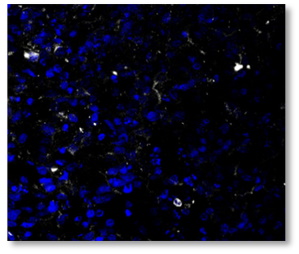
Establishing a human iPSC core for in vitro modeling and functional studies
Team Leader: Prof. Tom CHEUNG
We will further develop the existing capabilities to expand our repertoire of normal and patient-derived iPSC lines, and differentiate these lines into neuronal and glial cell types using 2D and 3D culture systems; to generate genome-edited isogenic lines using CRISPR to target specific AD risk variants, and characterize these lines for their use in functional studies in the subsequent objectives.

Examining how genetic variants contribute to AD pathogenesis in iPSC-derived model
Team Leader: Prof. Amy Fu
We will utilize the wild-type and genome-edited iPSCs derived from patient somatic cells to investigate the effects of specific pathways or genetic variants on AD-associated pathologies. iPSCs obtained from familial AD patients will be used to generate isogenic cell lines with the APP gene duplication corrected. We will compare the molecular, cellular, and functional phenotypes of the genome-edited neurons to that of the patient-derived neurons.

Drug screening and pre-clinical neuro drug development
Team Leader: Prof. Yung Hou Wong
The iPSC platform will be leveraged to screen for potential drug leads identified from the previous objectives as well as candidates from the previous TRS . Target phenotypes that will be examined include amyloid-beta levels, tau hyperphosphorylation and expression levels of candidate genes. The identified compounds will undergo validation in cell-based assays and mouse models. Next, we will conduct preclinical evaluation of candidate compounds- including optimization of various assay parameters, characterization of pharmacokinetic properties, and beneficial effects using animal behavioral models.